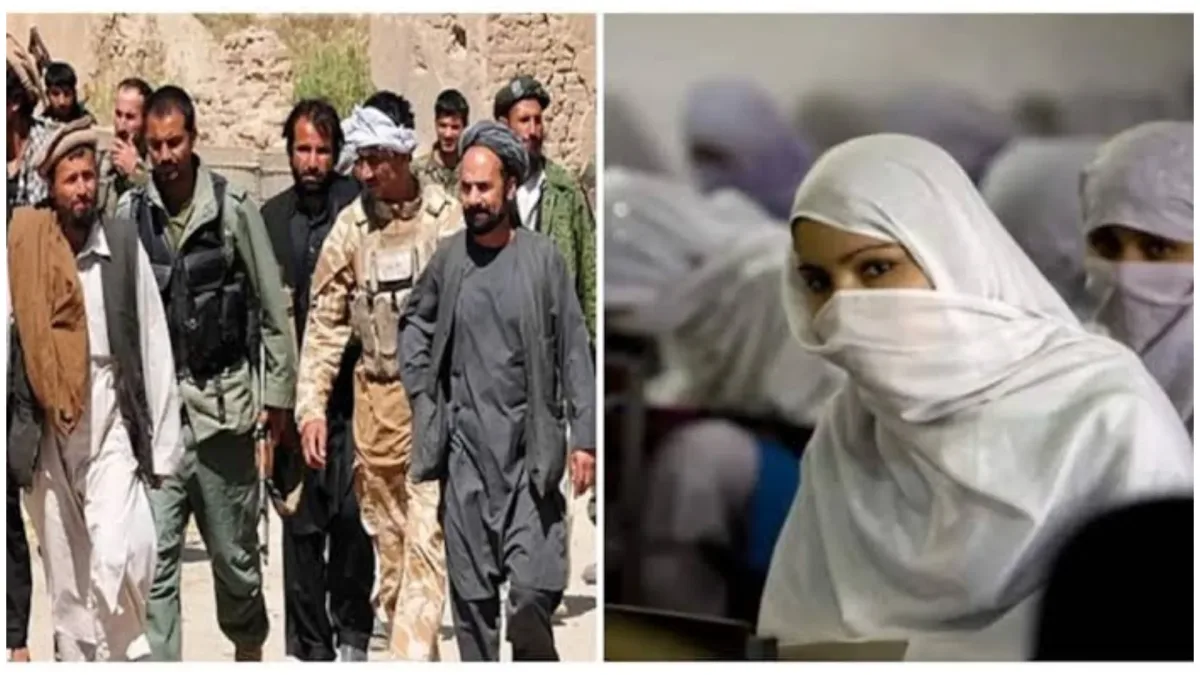Afghanistan’s Taliban-led government is planning to impose a ban on women enrolling in nursing and midwifery courses, a move that is expected to worsen the already struggling healthcare system, according to reports from senior health officials. The decision, believed to stem from an edict issued by the Taliban’s supreme leader, has yet to be formally announced but has already caused widespread distress among students and staff in healthcare institutes.
Sources within Afghanistan’s Ministry of Public Health confirmed to BBC Afghan that the ban would significantly exacerbate the country’s shortage of medical and para-medical professionals. One official stated, “We are already short of professional medical and para-medical staff, which would result in further shortages.” Videos shared with the BBC showed female trainees visibly upset, with some seen crying over the news.

The directive was communicated in a meeting held in Kabul on Monday, where health officials briefed the heads of educational institutions about the new order. A public health ministry official told AFP that while no official written notification had been provided, directors were told that women and girls would no longer be allowed to study in these institutes. “They were just told of the order of the supreme leader and were asked to implement it,” the official said.
The move follows a long series of restrictions imposed on Afghan women since the Taliban regained power in 2021. The regime had already barred girls from secondary and higher education, drawing sharp international condemnation for what has been described as “gender apartheid.” Health training institutes remained one of the few educational avenues still open to women, who currently make up the majority of students in nursing and midwifery programs.

Afghanistan has around 10 public and over 150 private health institutes offering two-year diplomas in various medical fields, with approximately 35,000 women currently enrolled. The decision to ban them from these programs raises concerns over the future of healthcare access, particularly for Afghan women and children. “What are we supposed to do with just 10 per cent of our students?” asked one institute manager.

The ban has sparked outrage both within Afghanistan and internationally. The UK’s charge d’affaires expressed concern, stating that the decision was “another affront to women’s rights to education” and would severely restrict healthcare access for Afghan women. The Taliban’s ongoing restrictions on women’s freedoms, including mandatory full-body coverings and prohibitions on certain religious practices, have drawn widespread criticism for their impact on Afghan society.


